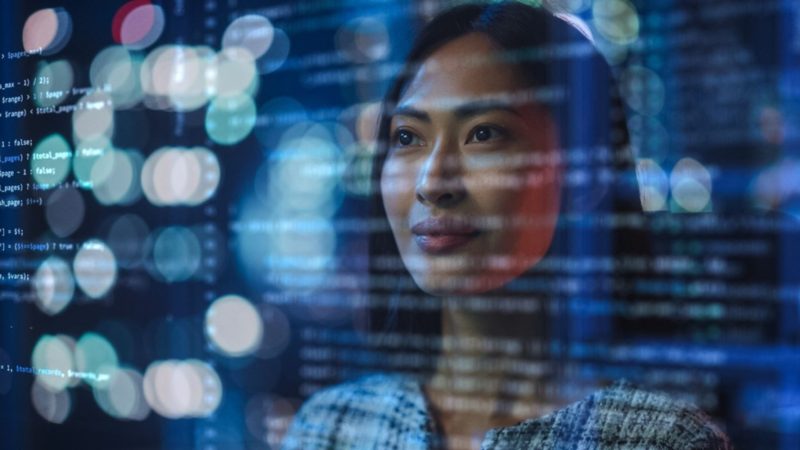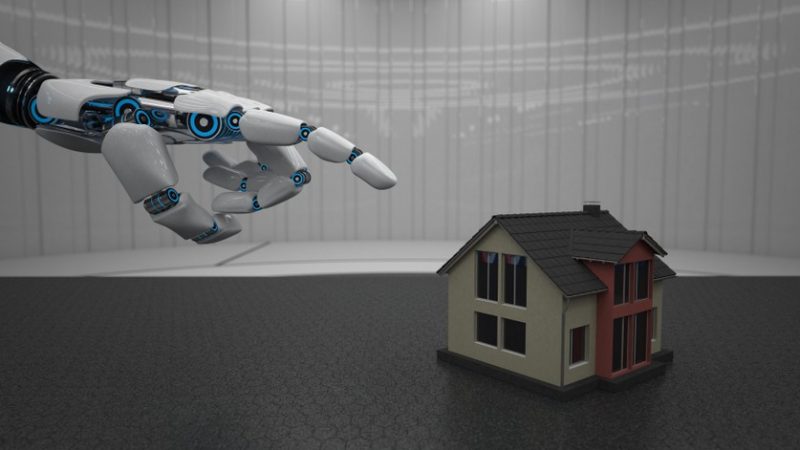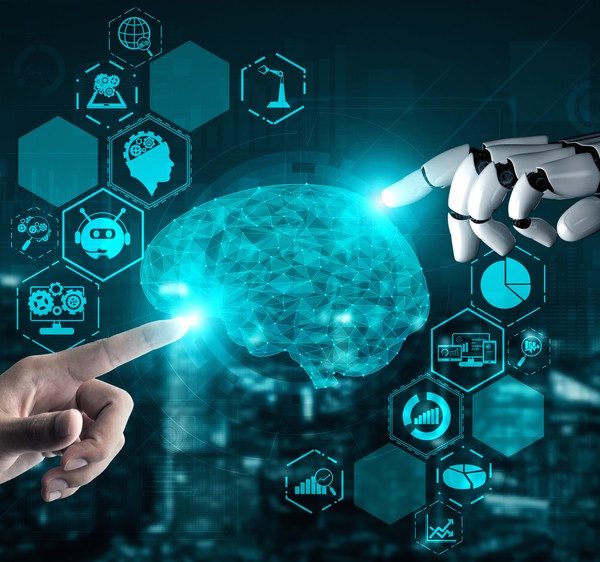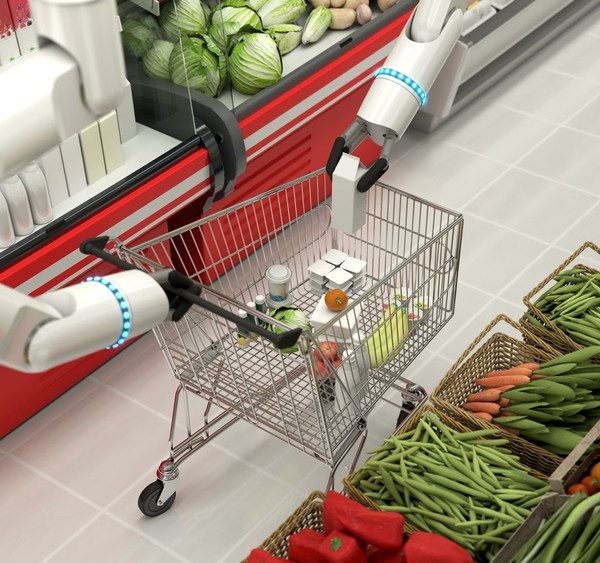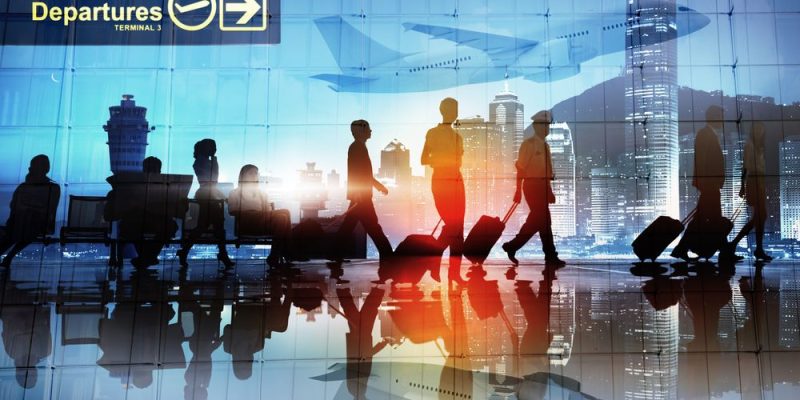
AI in Air Travel: How does it impact?
The use of artificial intelligence (AI) in various industries is increasing at an unprecedented rate. One industry that is significantly impacted by AI is air travel. From bookings to aircraft design, AI has revolutionized air travel in multiple ways. In this article, we will explore how AI impacts air travel in different aspects.
AI and Bookings
AI has transformed the way people book their flights. With the use of chatbots, machine learning algorithms, and natural language processing, airlines are now able to provide personalized and efficient services to their customers. Chatbots powered by AI can help customers find the best flight deals, suggest the most suitable travel dates, and even assist with visa and passport requirements. These bots can also provide real-time flight updates and assist with cancellations or rescheduling.
AI and Loading Planes
Loading planes is a crucial aspect of air travel. In the past, this was done manually, and it was a time-consuming process that often led to errors. However, AI has revolutionized the loading process. AI algorithms can now calculate the optimal distribution of passengers and cargo to ensure that the plane is balanced and stable. This has improved safety and reduced the turnaround time for flights.
AI and Route Planning
The use of AI in route planning has made air travel more efficient. AI algorithms can analyze weather patterns, air traffic, and fuel consumption to determine the most optimal route for a flight. This has not only reduced flight time but also decreased fuel consumption and emissions, making air travel more eco-friendly.
AI and Autonomous Flying
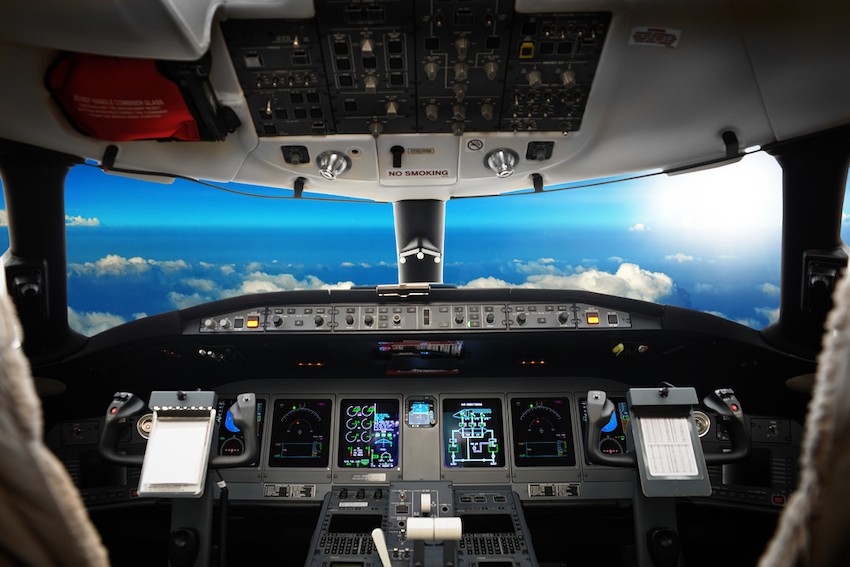
Autonomous flying is the future of air travel. The use of AI in autonomous flying has made it possible for planes to operate without the need for a human pilot. AI algorithms can detect and avoid obstacles, maintain altitude, and adjust flight paths in real time. This technology has the potential to make air travel safer and more efficient.
Read Also: The Role of AI in Autonomous Driving
AI and Fuel Savings
Fuel is one of the biggest expenses for airlines. However, the use of AI has made it possible to reduce fuel consumption significantly. AI algorithms can analyze flight data and optimize the flight path to reduce fuel consumption. This has not only saved airlines money but also reduced carbon emissions, making air travel more sustainable.
AI and Predictive Maintenance
Maintenance is essential for ensuring the safety and reliability of aircraft. However, traditional maintenance schedules can be costly and time-consuming. AI has made it possible to predict when maintenance is required, reducing the need for scheduled maintenance and minimizing downtime. AI algorithms can analyze flight data and detect anomalies that indicate potential problems. This allows airlines to address maintenance issues before they become serious.
AI and Aircraft Design
AI has made it possible to create better aircraft designs. AI algorithms can analyze data from wind tunnels, computer simulations, and real-world flights to optimize aircraft design. This has led to the development of more fuel-efficient and eco-friendly planes that offer a better flying experience.
Read Also: AI in Car Design: Reshaping the Future of Automotive
Except the air travel, artificial intelligence is also impacting the whole transportation industry. Since buses and subways are the most used transportation methods, AI mainly affects them.
In Summary
AI has revolutionized air travel in numerous ways. From bookings to aircraft design, AI has made air travel more efficient, eco-friendly, and safe. The use of AI in air travel is expected to continue to grow, and we can expect to see more innovation in this industry in the coming years.





